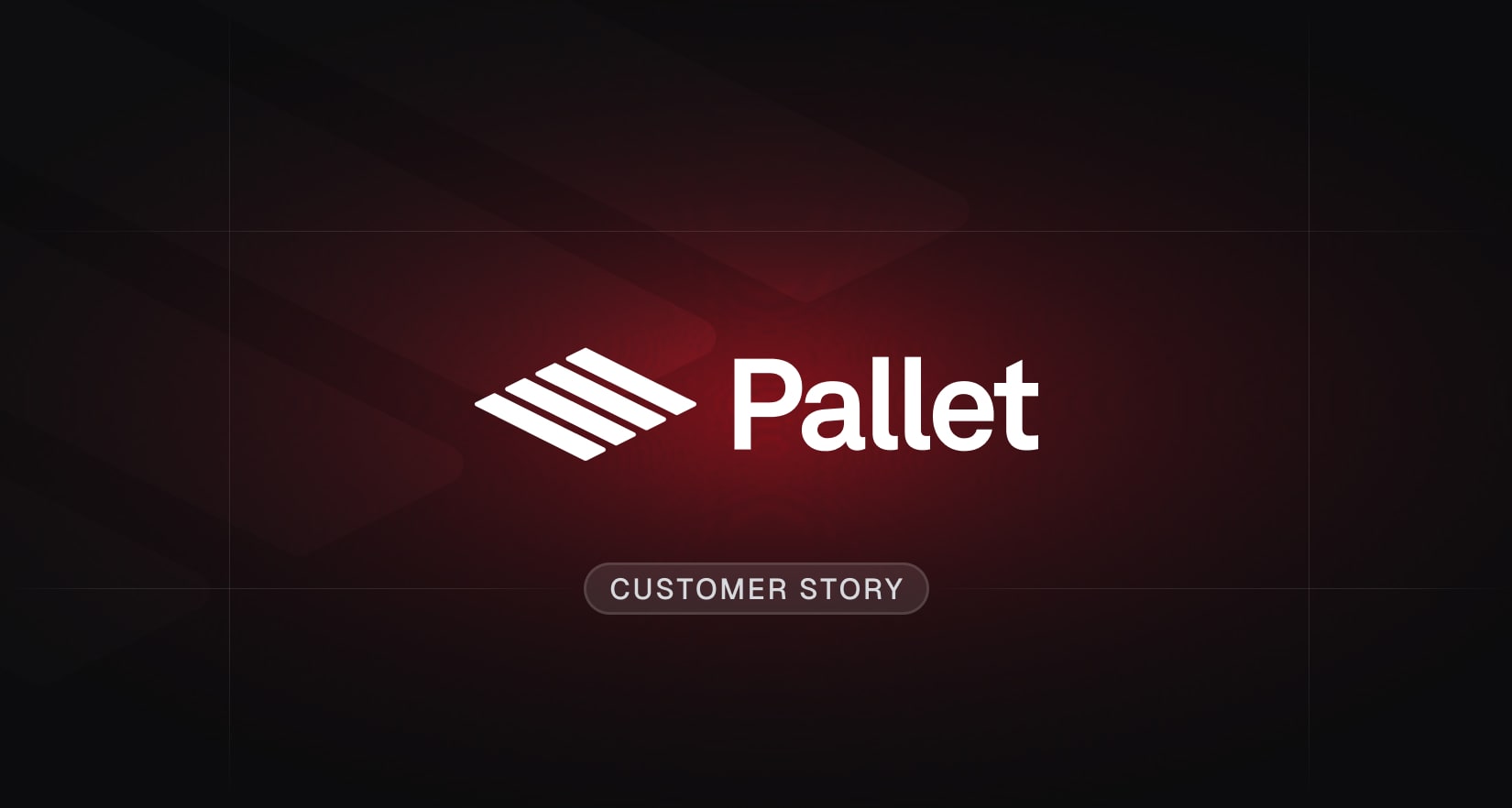Karl Kaiser, Engineer at Pallet, shares how his team uses Trigger.dev to orchestrate AI workflows that connect and automate complex logistics operations. Following its $27 million Series B, Pallet is rapidly scaling its AI copilot (CoPallet) to streamline freight and transport data between systems, reducing manual coordination and speeding up global operations.
Building Intelligent Freight Infrastructure
Our mission is to accelerate logistics workflows by giving every team an AI copilot (which we call CoPallet) that understands and acts on real-time freight data, across carriers, shipments, and modes of transport.
These workflows are asynchronous, data-heavy, and reasoning-intensive. They require parsing manual data and unstructured inputs, reconciling differences between systems, and coordinating updates across multiple APIs.
Trigger.dev lets us focus on AI logic, not infrastructure. We can now ship orchestration the same way we ship backend features.
Why We Use Trigger.dev
We needed a reliable workflow platform for long-running AI tasks which fit naturally into our TypeScript stack. Trigger.dev provided first-class primitives for async execution, retries, and callbacks while staying developer-friendly and lightweight.
It’s everything we wanted from a workflow platform. Simple, reliable, and TypeScript-first.
How It Fits Into Our Stack
When a logistics event occurs, a consumer in Trigger.dev handles the work: enriching the data, running AI models to interpret context, and pushing structured results back to other systems.
A typical pipeline:
- Receive an event from a partner API
- Parse and normalize the data
- Run AI reasoning models to extract shipment details or reconcile differences
- Post structured updates to downstream services
By externalizing orchestration, we keep our main services lean and scalable.
What’s Next
We’re extending this architecture to handle longer-duration coordination, from multi-hour model refinement to dynamic compute orchestration. Trigger.dev remains the backbone for that evolution.













